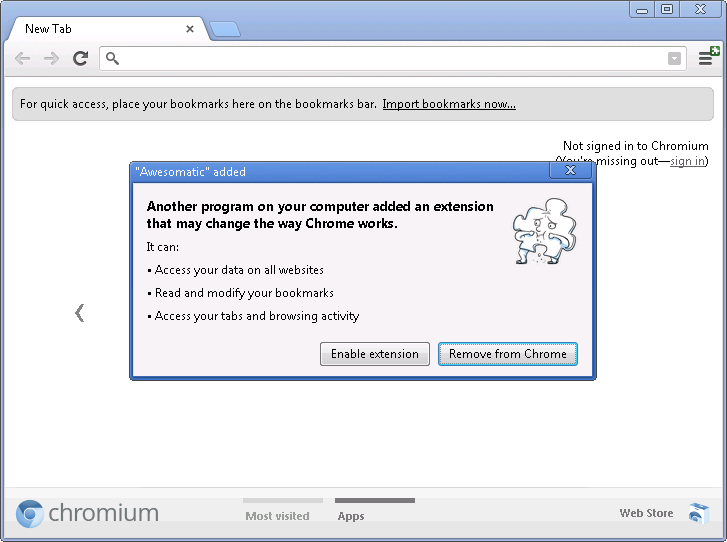BitTorrent released a new torrent client, but, unlike what you’re already used to from the company (hint: uTorrent), this is integrated straight into the web browser, Google Chrome, that is.
It is a simple extension, currently in alpha, called BitTorrent Surf, which is already available for download from Chrome Web Store.
The core functionality of a torrent downloader is deeply rooted into this extension, so you won’t have trouble connecting to peers or downloading the files. What is more important, though, is searching for the stuff you want to download.
With BitTorrent Surf you can employ multiple websites to find what you’re looking for. The result is a super search function that looks into multiple sources to retrieve results.
BitTorrent Surf displays the estimated torrent health together with the number of people sharing and downloading the file as well as the total downloads to date.
It is a simple extension, currently in alpha, called BitTorrent Surf, which is already available for download from Chrome Web Store.
The core functionality of a torrent downloader is deeply rooted into this extension, so you won’t have trouble connecting to peers or downloading the files. What is more important, though, is searching for the stuff you want to download.
With BitTorrent Surf you can employ multiple websites to find what you’re looking for. The result is a super search function that looks into multiple sources to retrieve results.
BitTorrent Surf displays the estimated torrent health together with the number of people sharing and downloading the file as well as the total downloads to date.












